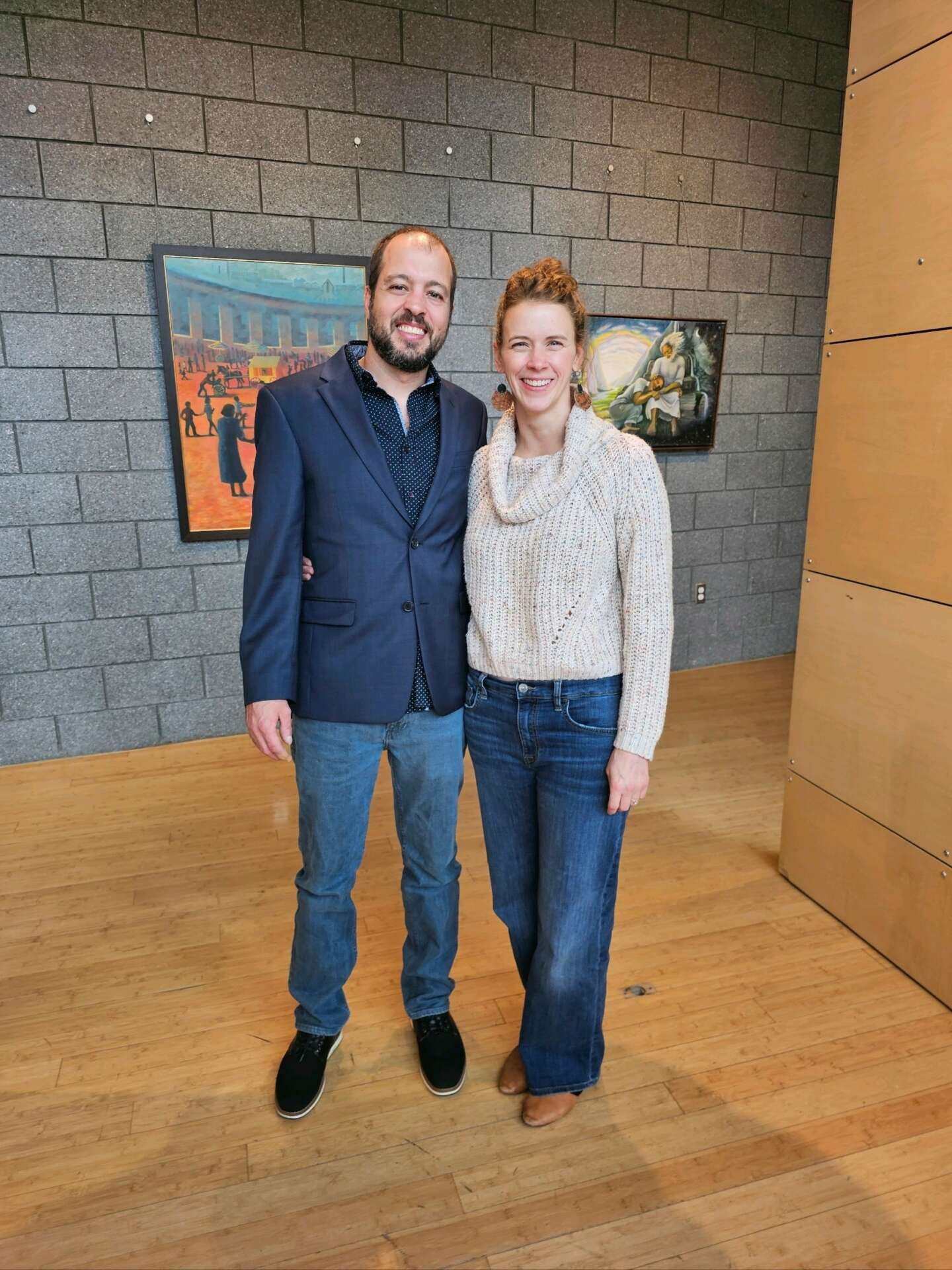We recently connected with Olivia Andrade and have shared our conversation below.
Alright, Olivia thanks for taking the time to share your stories and insights with us today. To kick things off, we’d love to hear about things you or your brand do that diverge from the industry standard.
Before we owned our own business, one of our favorite things to do as a couple was to visit different restaurants, coffee shops, bars, etc., and take in the environment, product, and service. What we liked, what we didn’t, what we would do differently when we owned our own business, etc. We paid especially close attention to service. If you had a great product but poor service, we probably wouldn’t be returning customers because service is what we value most.
We purchased Mezzo in August of 2020 and opened our doors a short month later in September of that year. This was our first foray into business and coffee shop ownership and we were opening amid a pandemic so we knew it would be an uphill battle. We spent the first year learning how to operate the business as well as adjust to the constantly changing Covid restrictions.
The shop had been around for five years and was known for its house-made baked goods and coffee. They had a loyal customer base but we were meeting our new community for the first time from behind masks and plexiglass. It challenged us to get to know our customers as quickly as we could and our priority was learning their names. In “How to Win Friends & Influence People”, Dale Carnegie writes that “A person’s name is to that person the sweetest and most important sound in any language” and I believe that statement to be true. We write the customer’s names on our order tickets and after completing their order, I would write notes about our conversation and anything else that was memorable (a tool I used in my sales job while working trade shows) and save the ticket. I’d go home and study them to memorize their name before they visited again. This helped me learn not only their name but also their preferences for food and drinks and would allow my team and I to make helpful recommendations in the future to improve their experience.
We’ve heard some of our regulars refer to us as the “Cheers” of coffee houses and I love that because we try to greet all of our guests as soon as they walk in the door. We know the majority of our customers by name and if we don’t, we make it a point to learn it. Why? Because they’re important. If we can help remind them of that fact when they’re patronizing our business, then we’re going to try to do that.
I think it’s commonplace to devote a hefty chunk of resources to the aesthetic of a space when opening a new food/beverage business. Before doing that, I would urge folks to invest in the quality and service aspects of their business first and foremost. If you have a great-looking space but subpar products and services, you may find it difficult to keep customers coming back. We made little to no aesthetic changes the first year we were open and instead devoted those resources to quality. We held off on raising our prices for the first two years (even though our costs skyrocketed) because it was important to us that our prices matched the value we were providing. I remind our team often that we’re here to provide quality products and service and if we can’t do that, (for whatever reason) then we will cease doing what we’re doing because that’s not who we are as people or as a business.

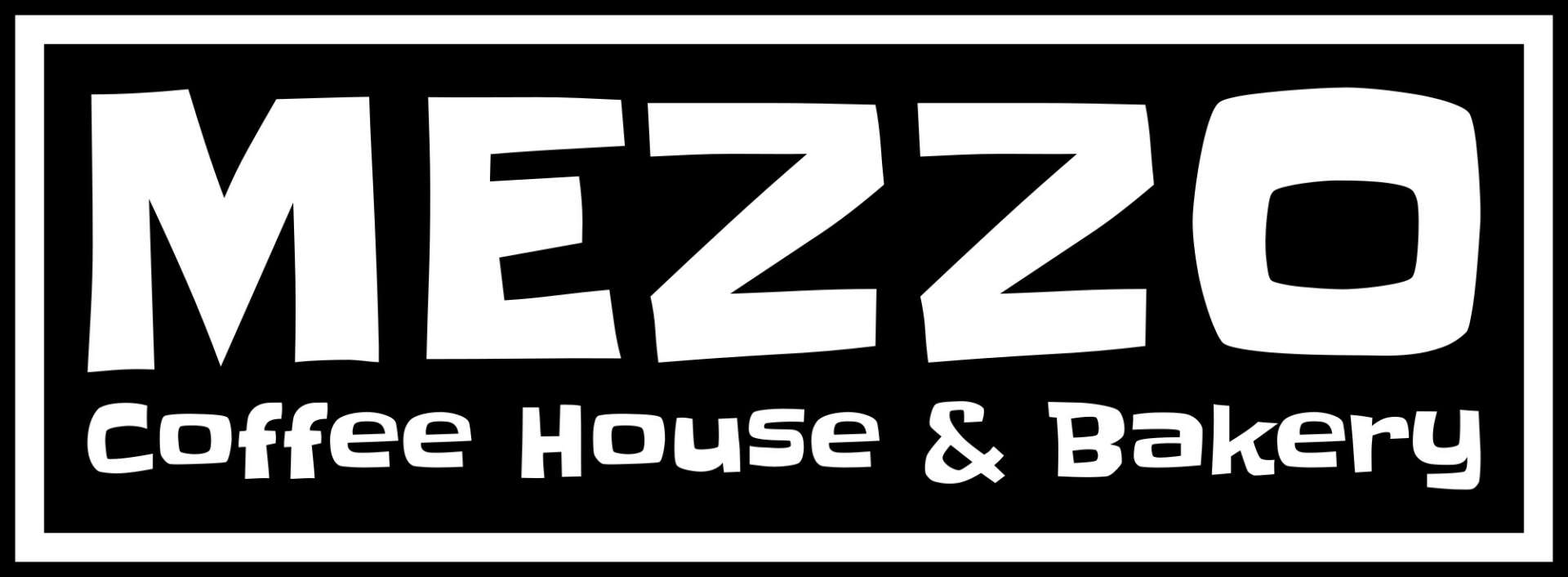
As always, we appreciate you sharing your insights and we’ve got a few more questions for you, but before we get to all of that can you take a minute to introduce yourself and give our readers some of your back background and context?
I was born and raised in Southwest Michigan and attended Plainwell Schools for most of my youth. I went to Aquinas College in Grand Rapids for undergrad and double majored in International Business & Spanish. I chose International Business because I loved learning about business, and traveling, and the opportunities within the field seemed endless. I also loved the Spanish language and figured it would be useful in my future. When it came time to graduate though, I had no idea what I wanted to do. I spent a lot of time studying in coffee shops during those years. They were cozy and had personality and helped me feel at home away from home. If my student loan payments hadn’t been looming after graduation, I think I would’ve pursued a barista position at a local shop. Instead, I started in International Sales at a small chemical manufacturer near the middle of the state and had a bit of a traumatic first professional work experience. I quit abruptly after eight months and all but wrote off working in small businesses. I wanted more checks and balances in my next position and hoped to find that working for a larger company.
During that time, I met my now husband who was living in Chicago. I wanted to try living in a big city so I started looking for work there and spent the interim working at a local greenhouse. I found a sales position in Chicago at one of the largest third-party logistics companies in the world and worked on the carrier side of the business, helping secure loads for carriers and owner-operators and move hard-to-move freight for our customers. It was a very high-paced, high-pressure environment and it’s where I learned how to sell, multi-task, problem-solve, build connections, and negotiate. I transferred with that company to California (it had been a dream to live in California) and not long after made the switch to a tech start-up.
I was the 8th or 9th hire and the only woman on the team and was hired to sell technology to carriers to help ease their paperwork headaches (some of which I had dealt with in my previous position). I had never worked alongside engineers before and was able to provide feedback on the software they were building having spent the last four years using it. There, I learned how to network at industry events, how to market and implement a SAAS product, and gained more sales and negotiation experience.
We decided we wanted to move to Michigan to start to put down roots and be closer to family. Upon moving, I was hired as a Business Manager at a full-service Home Staging & Consulting company to help make the business more efficient and profitable. I set about learning the ins and outs of the business, discovering the gaps, and then setting goals based on priority. Here I learned firsthand about business financials, business strategy, how to build a website, social media marketing, branding, and human resources. It wasn’t until I was helping manage someone else’s small business that I realized I was capable of doing it on my own.
All of these experiences helped prepare me in some way for what I’m doing today and I only wish I could’ve realized that back then. I think I would’ve enjoyed more of the process as opposed to just focusing on the destination.
My husband spent the better part of his adult years working in the food and beverage industry and we’d talked at length about opening our own food service business. When we moved back to Michigan, we started seriously looking for the right opportunity. The economy was better poised for a new small business compared to say California and we had a support system here that we didn’t elsewhere.
We spent the first two years searching for the right opportunity and evaluated a handful of them but there was always something that kept us from moving forward. With Mezzo, it seemed as if the stars had aligned (despite there being an ongoing pandemic) and we knew if we didn’t move forward with it, we’d regret it for the rest of our lives. The rest is history.
The main thing I would want someone reading this to take away is to remind yourself that most good things take time and that success rarely happens overnight. We’re in a time when instant gratification is the norm which can lead to folks believing that if it doesn’t come easy, it must not be right but that can be a dangerous belief. Commit yourself to quality and growth in everything you do and the rewards will come.
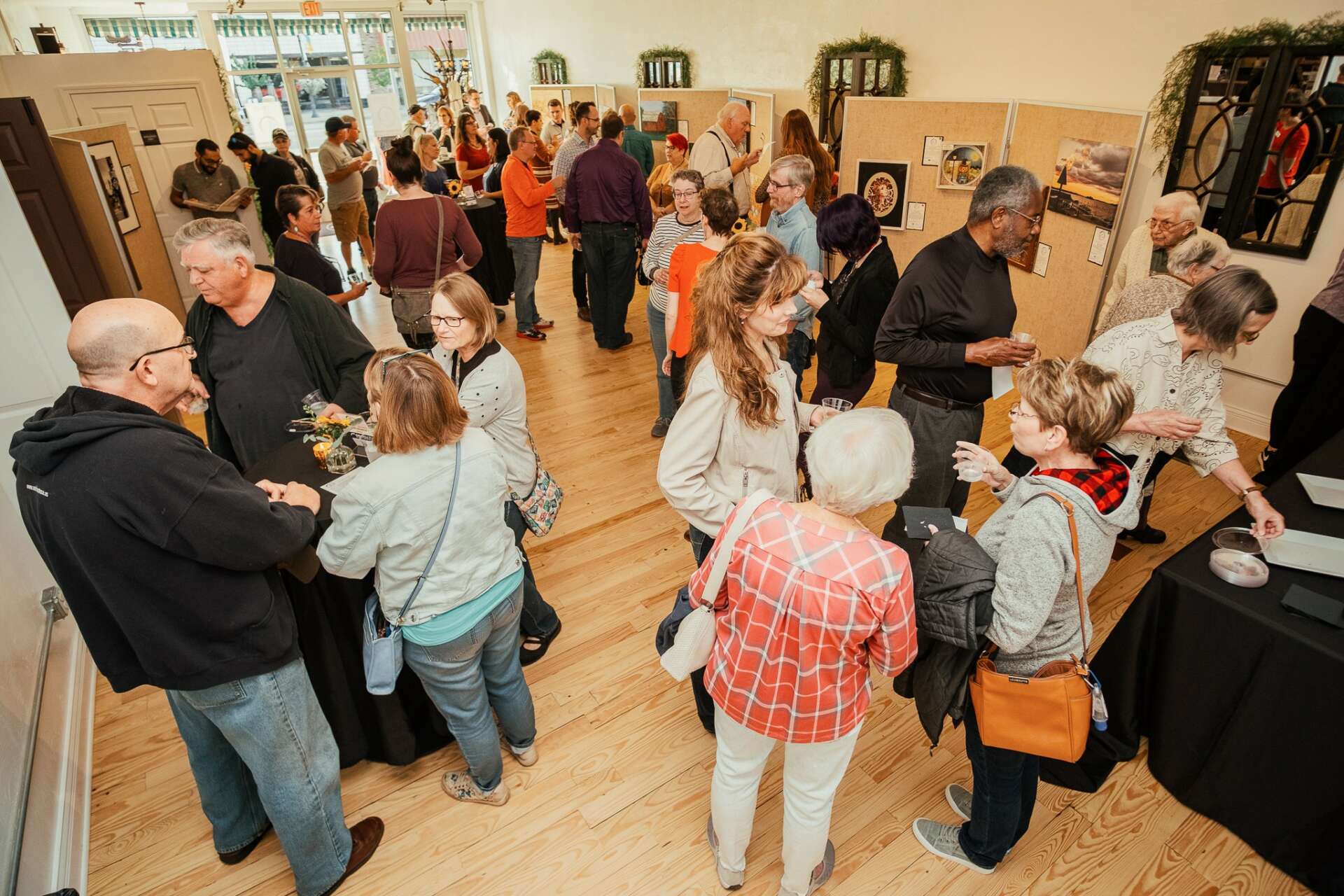
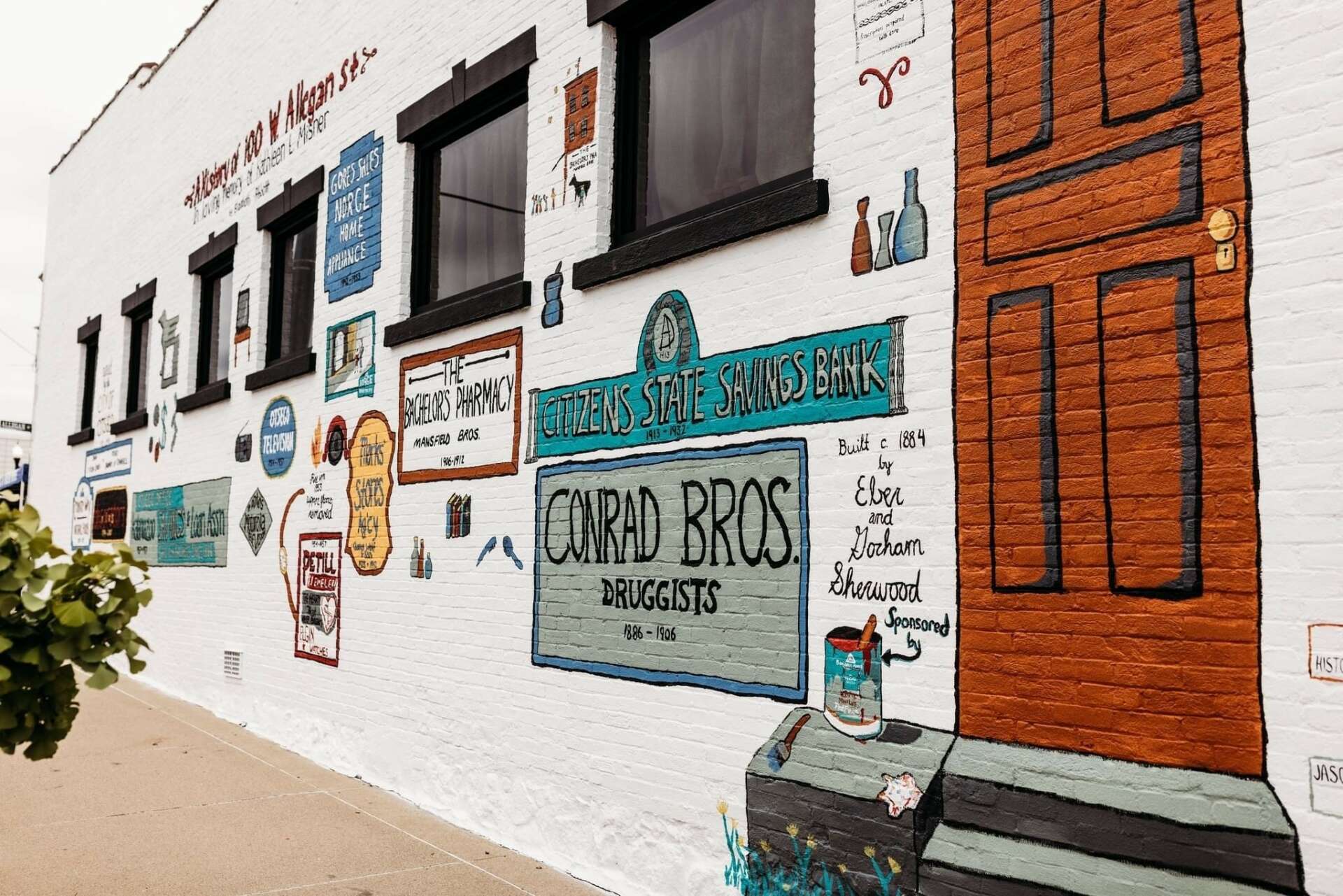
What’s a lesson you had to unlearn and what’s the backstory?
Our first two years were spent in a constant state of survival. At that time, the business was open six days a week which meant we were working in or on the business seven days a week. We didn’t take time off except to have necessary medical procedures done and time with friends and family was rare. That first year, we were still learning how to operate the business and it felt like every time we started to see progress, we experienced another setback. I don’t think either of us ever voiced it but if the business had failed those first two years, we both wanted the peace of mind that would’ve come from knowing we’d done everything in our power to try to make it a success. Maybe for us would’ve been the real failure—knowing there was more we could’ve done—and neither of us wanted that hanging over our heads.
However, after two years, our lack of concern and care for our health and wellbeing had taken its toll and it was clear that we couldn’t continue like that. We closed unexpectedly for a week so we could reevaluate the business and our relationship with it. We made the difficult decision to close our kitchen for made-to-go food orders which was a huge gamble because, at the time, we weren’t even sure that the coffee house and bakery could sustain the business. A short two months later, we made another difficult decision to close on Mondays. It was our slowest sales day of the week by far (we were basically paying to open) and closing would mean one day off a week. Don’t get me wrong, there are still weeks when we are here seven days a week but it’s no longer every week. We’ve also implemented two one-week breaks throughout the year for ourselves and our team to rest, rejuvenate, and refocus.
The lesson I learned was that I cannot take care of my partner, my team, or my guests in the ways that I want to if I’m not taking care of myself first. Why should my team or my guests take me seriously when I encourage them to take better care of themselves if I’m not doing that for myself? What good is having a successful business if my health doesn’t allow me to fully experience it or enjoy the fruits of my labor? It’s made a profound impact on me and how I show up for myself and those around me.

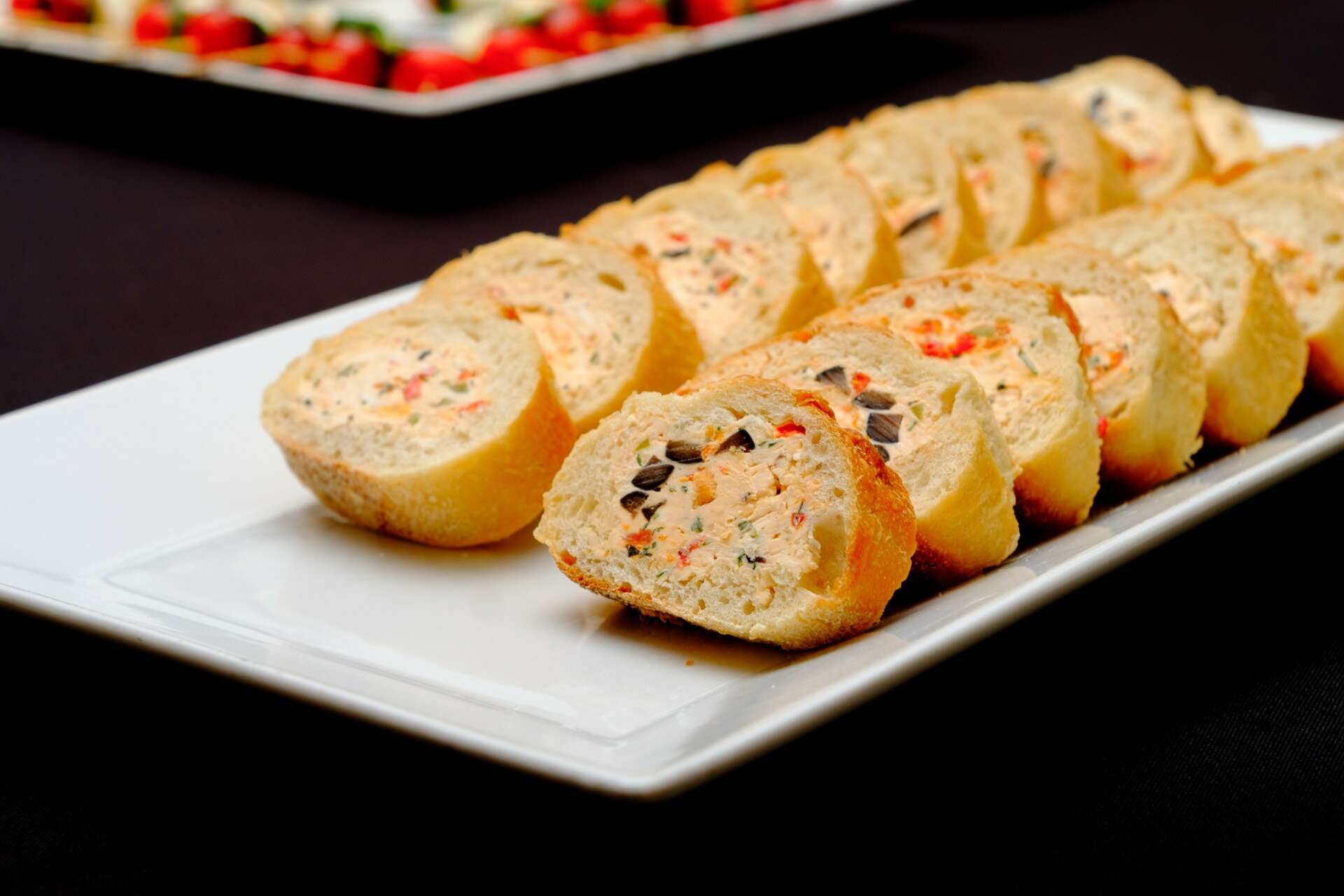
Are there any books, videos or other content that you feel have meaningfully impacted your thinking?
So many!
Business Finances: Profit First by Mike Michalowicz, Simple Numbers, Straight Talk, Big Profits! by Greg Crabtree and Beverly Blair Harzog
Business Strategy/Planning: Pumpkin Plan by Mike Michalowicz, The Four Hour Work Week by Tim Ferriss
Marketing: Growth Hacker Marketing by Ryan Holiday
Discipline: Atomic Habits by James Clear, The One Thing by Gary W. Keller and Jay Papasan, On Managing Yourself by the Harvard Business Review
Theory: Outliers by Malcolm Gladwell, Rich Dad Poor Dad by Robert Kiyosaki
Self Development: The 15 Invaluable Laws of Growth-John Maxwell, How to Win Friends & Influence People by Dale Carnegie
I’ve also spent a great deal of time watching inspirational videos by Simon Sinek, Tony Robbins, Jim Rohn, Eric Thomas, and Impact Theory.
Podcasts: Mindset Mentor
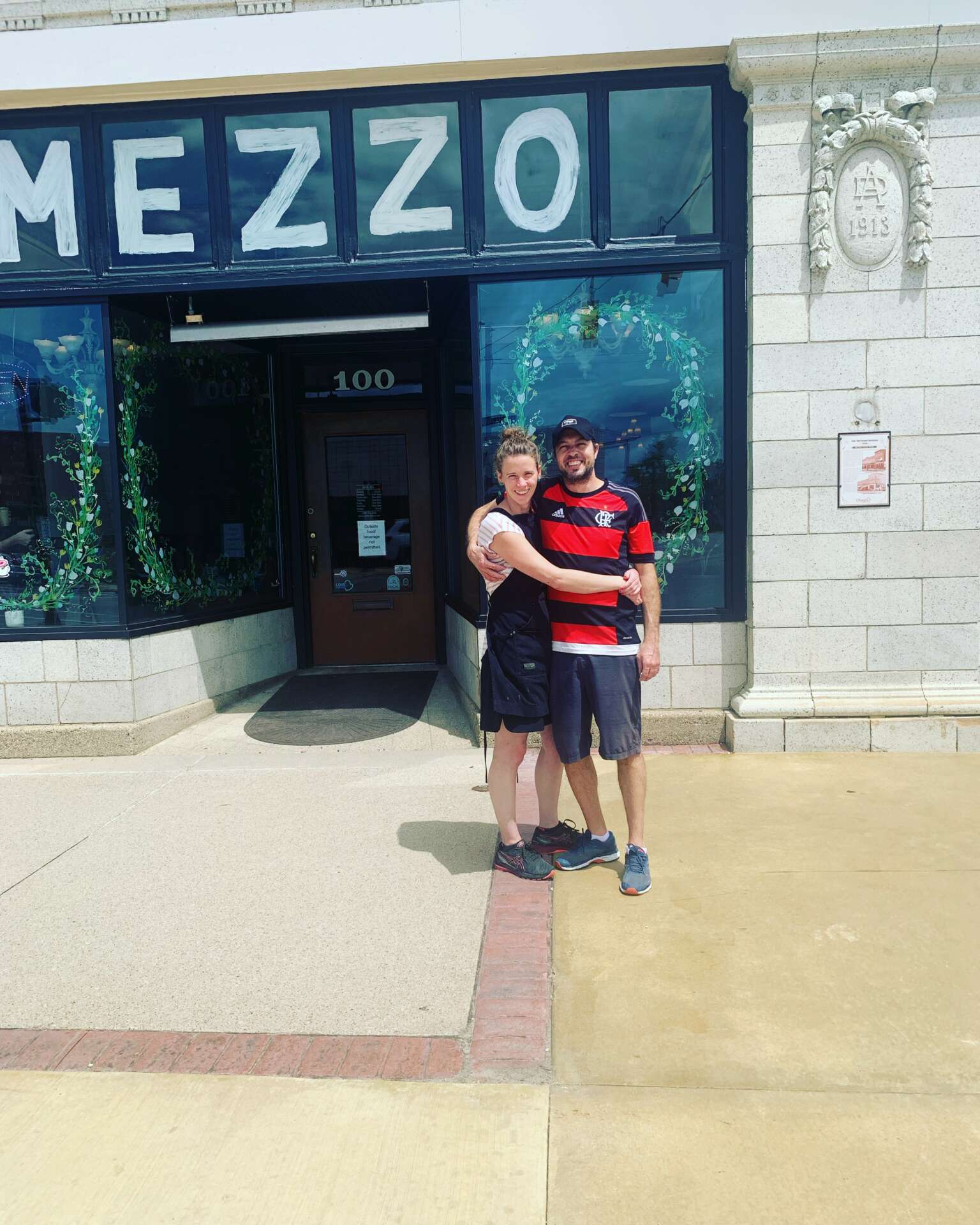
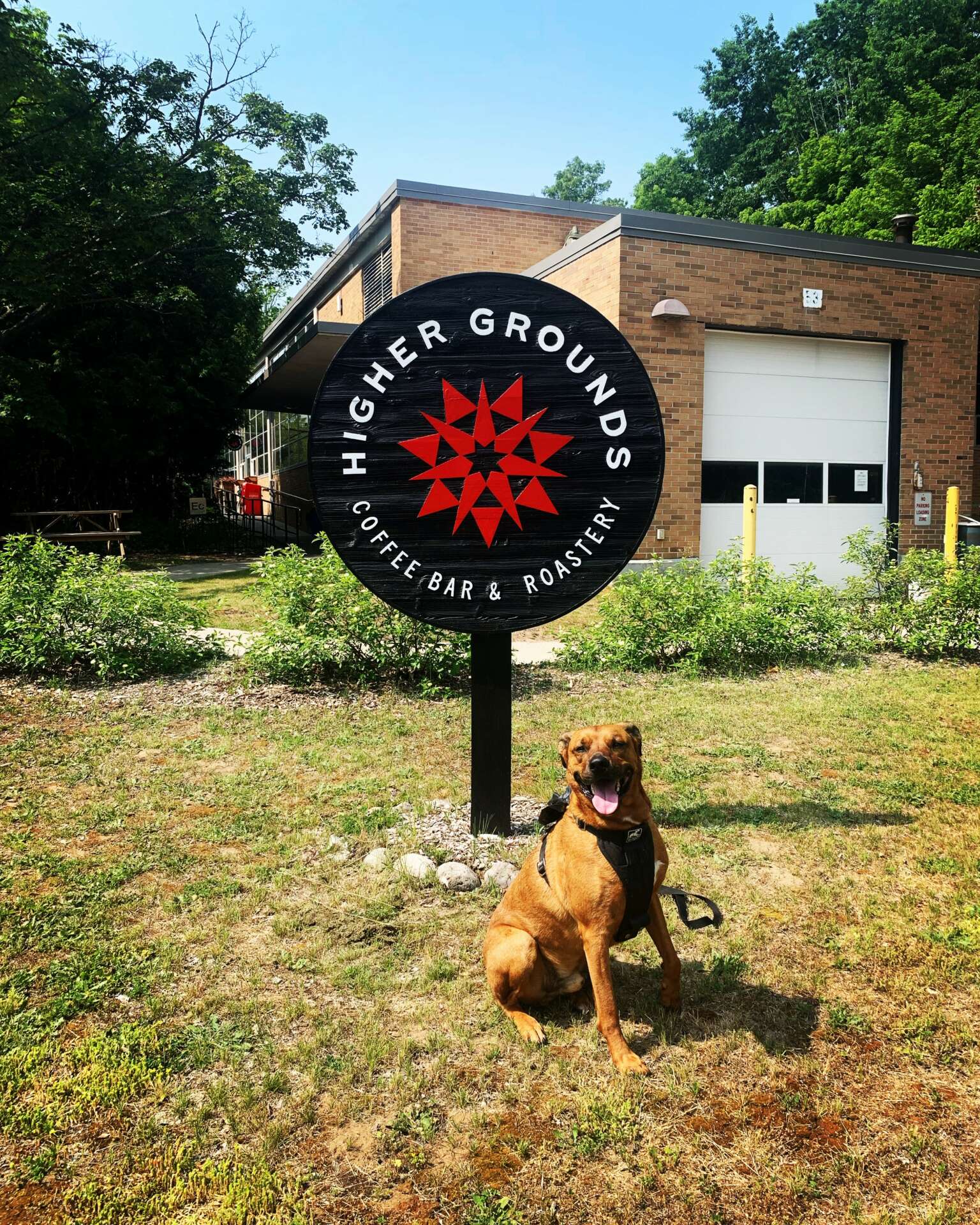
Contact Info:
- Website: www.mezzocoffeehouse.com
- Instagram: @mezzocoffeehouse
- Facebook: @mezzocoffeehouse


